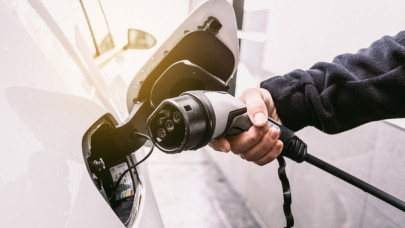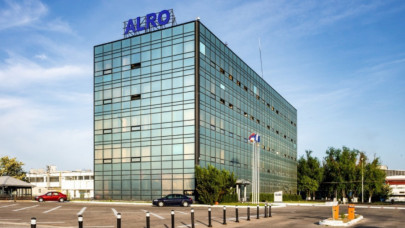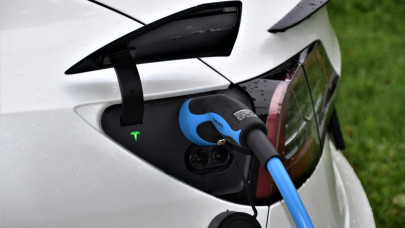At this growth rate, 100% of new EU city buses could already be zero-emission (ZE) by 2027. This only proves that EU regulation is falling behind market realities. The recently adopted CO2 standards for heavy-duty vehicles (HDVs) require 90% of new city buses to be ZE by 2030, and 100% by 2035. The even less ambitious Clean Vehicles Directive (CVD) sets average ZE procurement targets of only 20% in 2021–2025 and 30% in 2026–2030.
At the country level, 15 Member States outperform the EU average in 2023, including five where ZE city buses already account for more than 90% of new sales: Slovenia, Denmark, the Netherlands, Ireland, and Finland.
Among major markets, ie. markets with at least 1,000 new city buses in 2023 [2], the UK ranks highest with a ZE bus share of new sales of 63% in 2023. Spain ranks just above the EU average, with a 40% ZE share. Italy and Germany come in 3rd and 4th places respectively, with ZE shares of 29% and 26%. France ranks last among the major markets, with a 23% ZE share. Notably, 46% of new city buses in France in 2023 are gas buses, a share that is second only to Estonia.
Speaking of Estonia, the country comes last in the overall ranking with a 0% ZE share. But hopefully, the country should start to catch up soon as the first electric buses arrived in Tallinn a few months ago.
Leading the deployment of ZE buses are cities and local operators. At least eight cities plan to have 100% ZE bus fleets by 2025, an additional 19 by 2030, and another 13 by 2035. Fourteen other cities have also set bus fleet targets below 100% by 2035 or earlier. Setting targets is not limited to capital cities in Western Europe. Cities in 23 countries have targets, including in the Baltics, Czechia, Poland, and Romania. In several countries, regional cities have set higher or earlier targets than capital cities. ZE bus fleet targets are also popular with countries. Both the Netherlands and Denmark have set targets for all urban buses to be zero-emission by 2030.
As demand for ZE buses will continue to climb in the coming years, bus makers play a crucial role in making sure cities can procure sustainable, made-in-Europe buses. Some are already racing ahead and going beyond what European legislation will require, such as Daimler Buses which aims to sell 100% ZE city buses by 2030. Without proactive ambition to go beyond the targets set in the HDV CO2 standards, European busmakers risk being blindsided by soaring demand and emerging foreign competition. Since 2017, one in five new battery-electric buses sold in Europe has been of Chinese origin.













